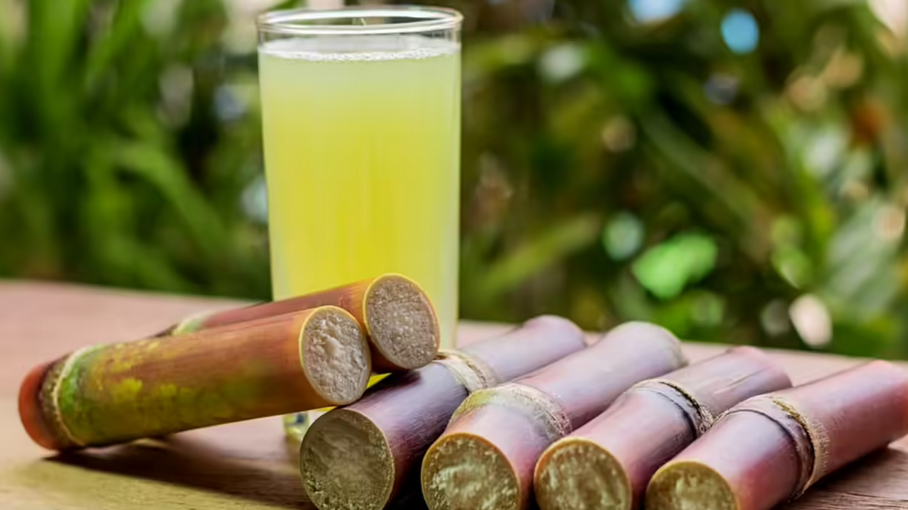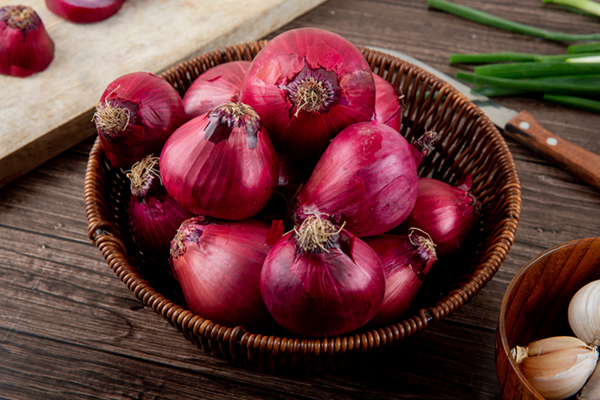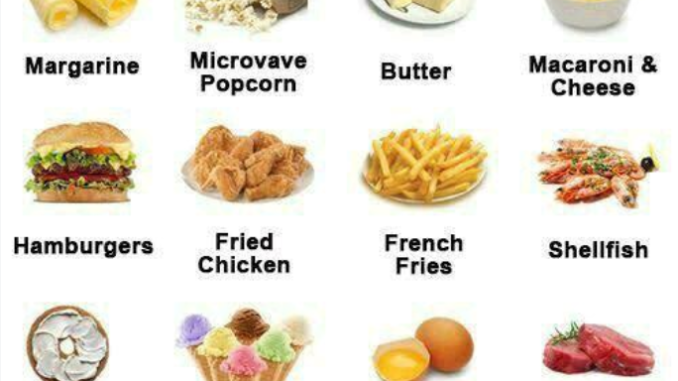It is reasonable to assume that you will need to cut back on certain things, such as food sources, direct, and so on, because reaching a certain age brings with it a lot of responsibilities and challenges.
Because of this, it is reasonable to assume that you will need to cut back on certain things. Because everyone desires to live a long life and create classic works, this is a request that is made to God by everyone. Everyone prays for this. Nonetheless, reaching this age brings with it a significant number of responsibilities and obstacles that one must face.
This is the situation taking into consideration the fact that your packaging method is no longer a well-known brand, like it was when you were twenty years younger. This is the reason why this is the case. This is indeed the situation. This is because your packaging system has reached an outdated condition, which is the cause of the problem.
There are ten different kinds of food and drink that you should stop consuming on a regular basis once you reach the age of 50. This is due to the varying degrees to which different kinds of these meals and beverages might affect your health. In the following paragraphs, I will talk about them in more detail.
Without further ado, let me to offer some assistance in having things arranged in the following manner:
1. A sugar concentration that is significantly higher than normal
It is possible that the pace at which you consume an excessive amount of sugar has significantly dropped, and it is also likely that as a result, the amount of insulin that is present in your body has decreased. As a result of this, it is possible that as you get older, it will become less effective at removing extra sugar from the bloodstream and managing it, which will increase the likelihood that you will develop high glucose levels. Alternatively stated: it is possible that as you get older, it will become less effective at managing it. If you are over the age of 60, it is very essential for you to remember this information.
2. An abnormally high concentration of salt in the surrounding natural environment
The amount of salt that a person consumes can have an effect on their pulse, which can place them at an increased risk for a range of health concerns. These problems can include ailments such as a stroke, heartache, and others that are quite similar to them. Those who are having trouble with their health should avoid consuming an unhealthy amount of salt during this time.
3. An abnormally high concentration of alcohol was found in the substance as a whole.
Heavy alcohol drinking at a traditional age is related with an increased risk of a number of health problems, including damage to the kidneys and liver. This is due to the fact that as you get older, your liver and kidneys become less efficient at processing alcohol and flushing it out of your system. This is especially true when one considers the role that age plays in conjunction with the consumption of alcoholic beverages.
4. An extremely large quantity of different types of cigarette products
This is something that, when compared to alcohol in the vast majority of ways, is virtually indistinguishable. There are many other ways in which the two are comparable to one another. If you are already above the age of 50 or will reach that age in the near future, it is in your best advantage to completely abstain from smoking. Because smoking can have a severe influence on a person’s lungs and liver, quitting is a goal that should be sought and should be a priority for everybody who is a smoker.
5. Customers can choose from a large selection of eggs to purchase.
Eggs are an excellent source of protein; however, it is not generally recommended to consume an excessive amount of eggs while you are fasting. This is because eggs contain cholesterol, which can make it difficult for your body to break its fast. This is due to the fact that eggs contain cholesterol, which might make it more challenging for your body to break its fast when it has been eating nothing but water. If you are trying to minimize the amount of fat that makes up your body, it is extremely crucial that you keep this in mind. If you are concerned about your health, you should probably not consume more than two eggs in a week at the most. This will help you maintain a healthy weight. Egg consumption after a certain age, particularly in men of advanced age, has been linked to an increased risk of developing prostate cancer. This is especially true in older men.
6. Consuming an abnormally high number of dinners that have levels of LDL cholesterol that are relatively high in comparison
People of any age who consume dinners that are high in LDL cholesterol put themselves at risk for developing cardiovascular disease, which is possibly connected to atherosclerosis. These dinners pose this risk to anyone who consumes them. This is due to the fact that cardiovascular disease can sometimes be the cause of atherosclerosis. In general, this risk is lower in those who have more developed coping mechanisms than in those who do not have any coping mechanisms at all.
7. A disproportionately large amount of meat in relation to the amount of other ingredients in the dish
If you are above the age of 50, you should make a point of fully removing it from your diet posting and remembering to do so. If you are over the age of 50, you should make it a point to eliminate red meat entirely from your diet. In general, red meat is not the best choice for confirmation; however, if you are over the age of 50, you should remember this. This is due to the fact that it is well-established that eating red meat can lead to the development of disease, with the risk being significantly increased in individuals who have undergone further preparation as a result of the fact that it is well-established that eating red meat can lead to the development of disease.
8. A substantial repositioning of pre-packaged dinners in the competitive landscape of the market
Also, it is common knowledge that eating food that has been pre-packaged might make you sick, and study has shown that the risk is greatest for people who take the greatest care possible to maintain their health. As you reach level 50, you will be confronted with the decision of whether or not to give in to your craving for pre-packaged meal assortments. You really ought to give this a lot of consideration.
9. An excessive amount of caffeine consumed throughout the day
People who spend their life dwelling in the past aren’t making the most of the opportunities that are available to them right now!
10. On a consistent basis, a huge variety of options for assortments of junk food are made available to consumers.
In this context, eating meals of a lower quality can lead to a variety of health concerns, some of which have the potential to be fatal, such as coronary heart disease, obesity, stomach-related issues, and other illnesses. Because of the susceptibility of their packaging in relation to the possibility of health concerns, I strongly advise people who are older than 60 years old to completely abstain from consuming garbage dinners. This is because garbage dinners are not the healthiest option for people of any age; however, I advise people who are older than 60 years old to completely abstain from consuming garbage dinners.
Using these goods on a consistent basis may enhance the risk that you may encounter health problems in your later years.
utilizing the premise that nobody cares very much either way, degree, as, or remark, and treating this premise as a fixed assumption. I am grateful that you could make it today.

 Politics3 months ago
Politics3 months ago
 Breaking News3 months ago
Breaking News3 months ago
 Lifestyle1 hour ago
Lifestyle1 hour ago
 Lifestyle1 hour ago
Lifestyle1 hour ago


